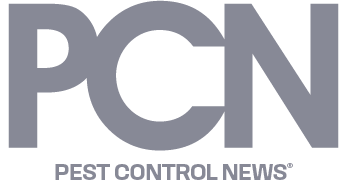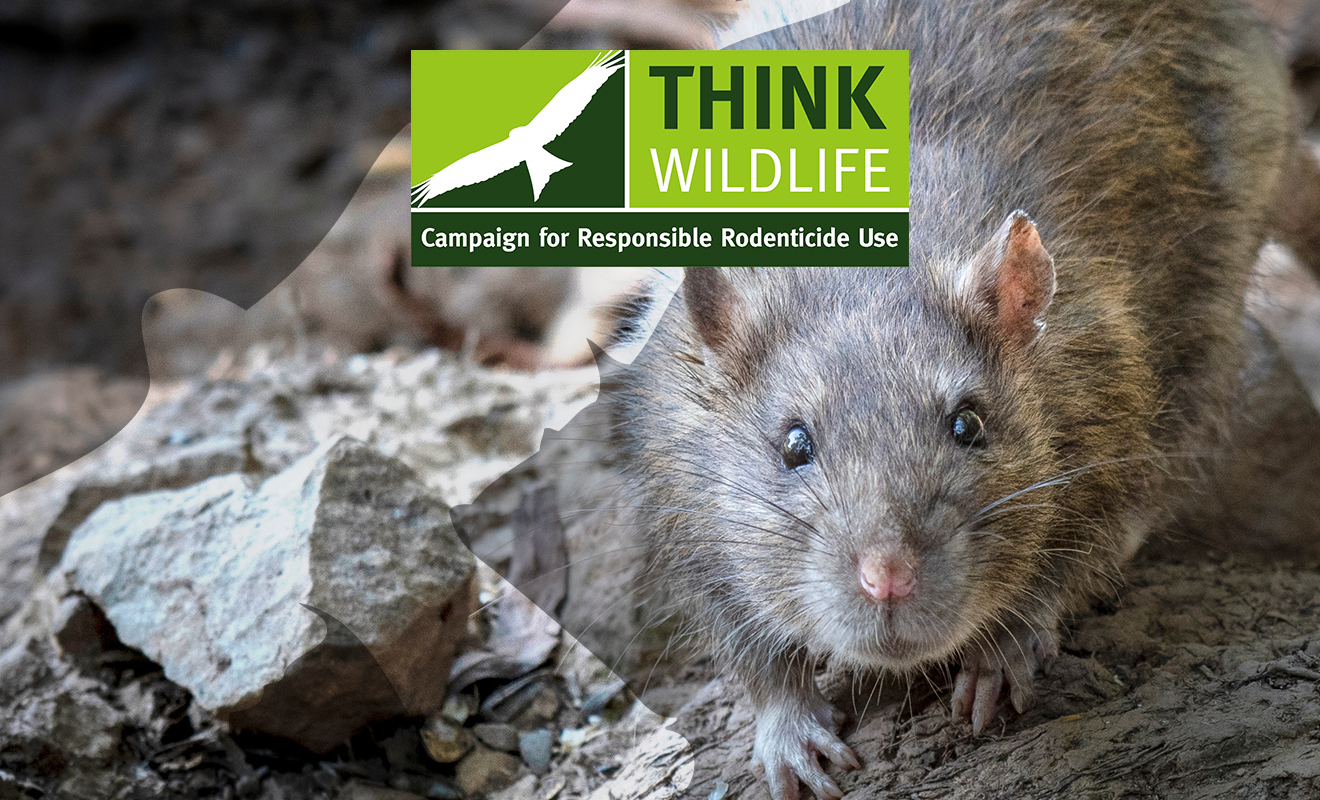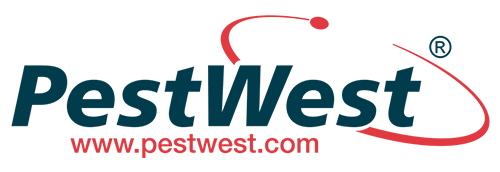The CRRU CoBP offers a range of effective methods for successful rodent management including elimination of harbourage, food and water; trapping, shooting and dogs. When rodenticide application is however required, the handbook stresses the need for trained professionals to read the product label text and strictly adhere to the instructions presented.
Commenting on the updated industry guidance, Graham Turner, Technical Manager at the National Pest Technicians Associations (NPTA) said: “The CRRU Code of Best Practice is an important instruction manual for those carrying out rodent control. The 2024 amendments bring it up-to-date and incorporate helpful interpretation on new rodenticide label phrasing.
“My advice to all fellow rodenticide users remains clear. Follow the Code, and help preserve our ongoing ability to utilise rodenticides.”
If residues carry on going up the food chain into the wildlife, Government may regulate to the effect that SGARs can no longer be used for infestation management, other than inside closed buildings.
Dr Alison Warrington, Senior Plant Health Adviser at the National Farmers Union (NFU) said: “The application of rodenticides remains an important tactic for rodent management on many farms, and reducing the risk of accidental exposure of humans and non-target animals remains a priority. We are therefore pleased to see clarifications in the revised Code that clearly define upcoming changes to the use of SGAR products.
“To safeguard our access to rodenticides, it is imperative that users continue to adhere to the best practice guidelines and product instructions, and where necessary, engage in Continuing Professional Development (CPD), ensuring maximum knowledge and results from practical application.”
Glynn Evans, the gamekeeping sector representative with CRRU added: “Gamekeepers are also really skilled at a number of methods of pest management, and the hierarchy risk controls for rodents means you wouldn’t reach for rodenticides as the first option. In certain circumstances however, rodenticides are essential, and as a sector we need them. Therefore, as a community, we must continue to embrace stewardship, training and the CoBP”.
For more information and to download the updated handbook, visit:
https://thinkwildlife.org/download/crru-uk-code-of-best-practice-2024/?wpdmdl=18095&masterkey=614067169000a











